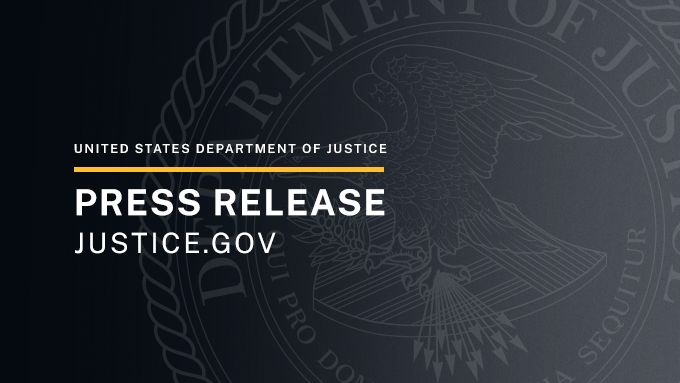Amid growing concerns about attacks targeting immigration enforcement officers, the Department of Justice has taken a strong stance to safeguard ICE personnel and facilities.
Attorney General Pamela Bondi has issued a memorandum directing multiple federal law enforcement agencies to step up security and coordinate protective measures.
Dramatic Increase in Attacks Sparks Memo
The memo highlights alarming statistics: riots in Los Angeles and Portland have coincided with a more than 1,000% rise in assaults on ICE officers since January 21, 2025, compared with the same timeframe last year.
This surge in violence prompted urgent federal intervention.
Coordinated Law Enforcement Efforts
The directive calls on DOJ components—including the FBI, DEA, ATF, US Marshals, and Executive Office of U.S. Attorneys—to focus on defending ICE operations. Key measures include:
-
Deploying officers and agents to protect ICE facilities, with particular attention on Portland and Chicago.
-
Expanding a temporary ICE Protection Task Force to include local law enforcement alongside federal personnel.
-
Offering grant funding, training, and technical assistance to support agencies tasked with safeguarding ICE personnel and offices.
Tough Stance on Perpetrators
Attorney General Bondi emphasized that the Department of Justice will pursue all legal avenues against individuals who target ICE officers.
This includes anyone who aids, funds, coordinates, or plans attacks, with the goal of arresting and prosecuting offenders to the fullest extent of the law.
Federal Support for Local Law Enforcement
The memo also underscores the importance of collaboration between federal and local authorities, ensuring that communities facing heightened threats have the necessary resources, training, and legal support to respond effectively.
The full memorandum is publicly available for review [HERE].
